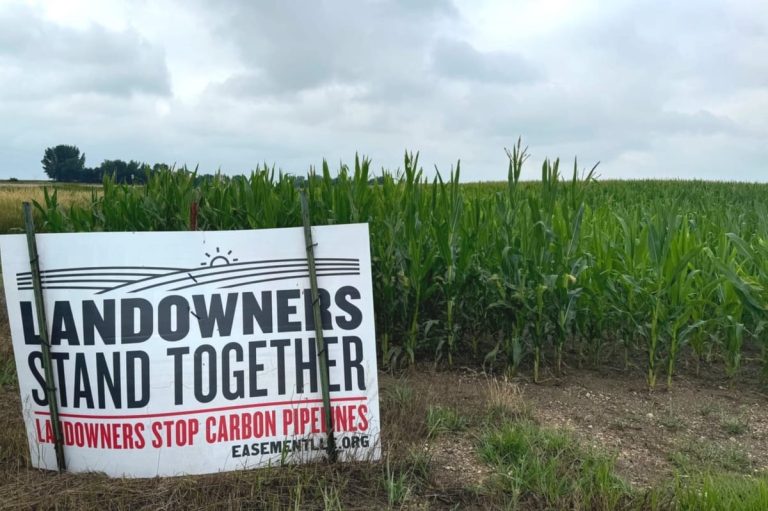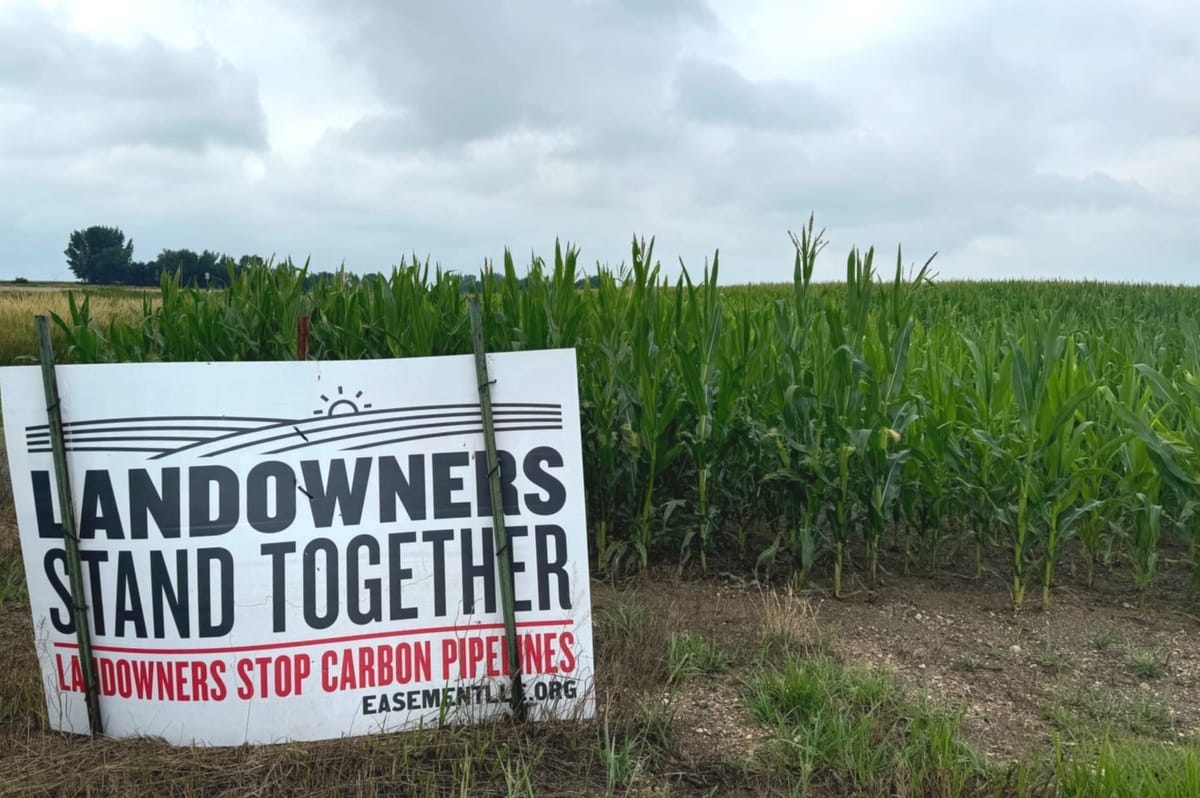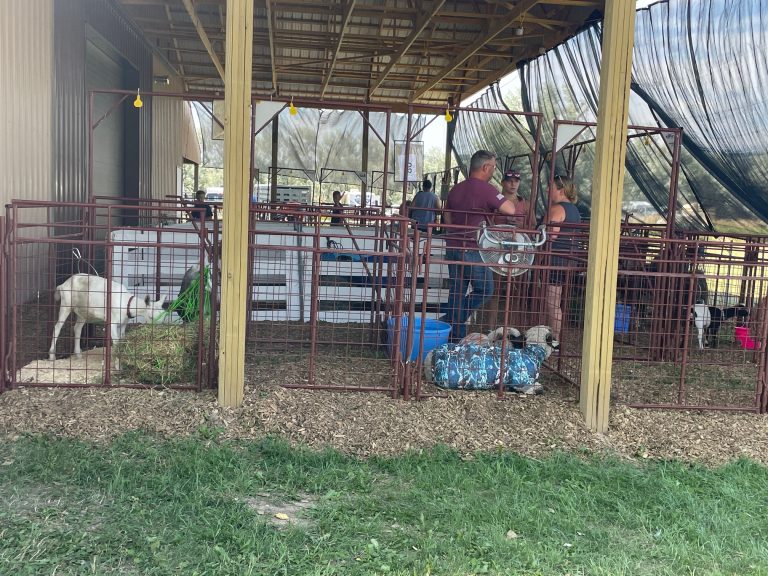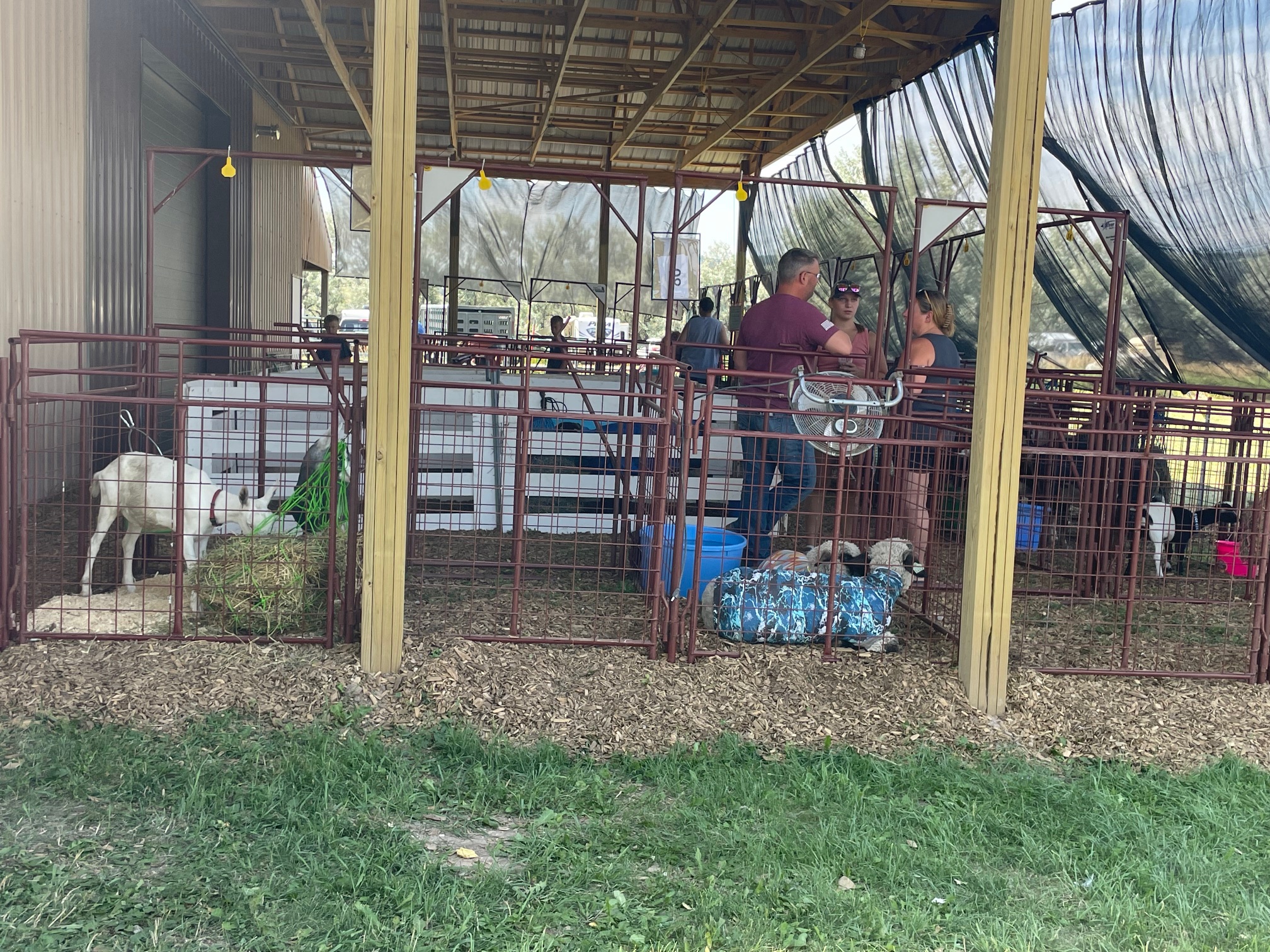HELENA, Mont. – Ranchers see opportunities for reform in the wake of a cyberattack on the world’s largest meatpacking company.
JBS controls nearly a quarter of beef processing in the U.S., and a ransomware attack on the Brazilian-based company in late May sent shockwaves through the industry.
In its wake, Sen. Jon Tester, D-Mont., and two of his Republican colleagues have introduced legislation to appoint a special investigator to look into

anti-trust issues within the industry.
Steve Charter, a member of the family agriculture group Northern Plains Resource Council, and an independent rancher near Billings, supports the bill.
“Not only the meatpacking industry, but our whole food system is so vulnerable and it’s so concentrated and it’s so monopolistically controlled,” Charter asserted. “So this is a probably once-in-a-lifetime opportunity to possibly push through some real reform.”
Four companies control 85% of U.S. beef processing. Charter argued prices for cattle producers are unsustainable, but the meatpacking industry said other factors have made prices low for producers, including drought, higher feed prices and a labor shortage.
The U.S. Department of Agriculture also is looking into cracking down on large packers. It is considering new rules to strengthen the Packers and Stockyards Act, a century-old law designed to protect meat markets from anti-competitive practices.
Charter pointed out country-of-origin labeling would also improve conditions because large meatpackers are able to use beef from other countries in their product but still call it U.S.-made.
“Country of Origin Labeling: It’s kind of a no-brainer, and why wouldn’t we want it? Consumers want it, producers want it,” Charter contended. “But it’s just another example how much these big packers have, to prohibit honest labeling of what it is.”
Charter added he’s a third-generation rancher, and generations four and five work on his ranch. He’s not sure whether the ranch will make it to them.
“We’re going to need to get our share of the producer’s dollar in order to be able to keep this ranch in the family,” Charter acknowledged. “And that’s true of many, many operations like mine.”












